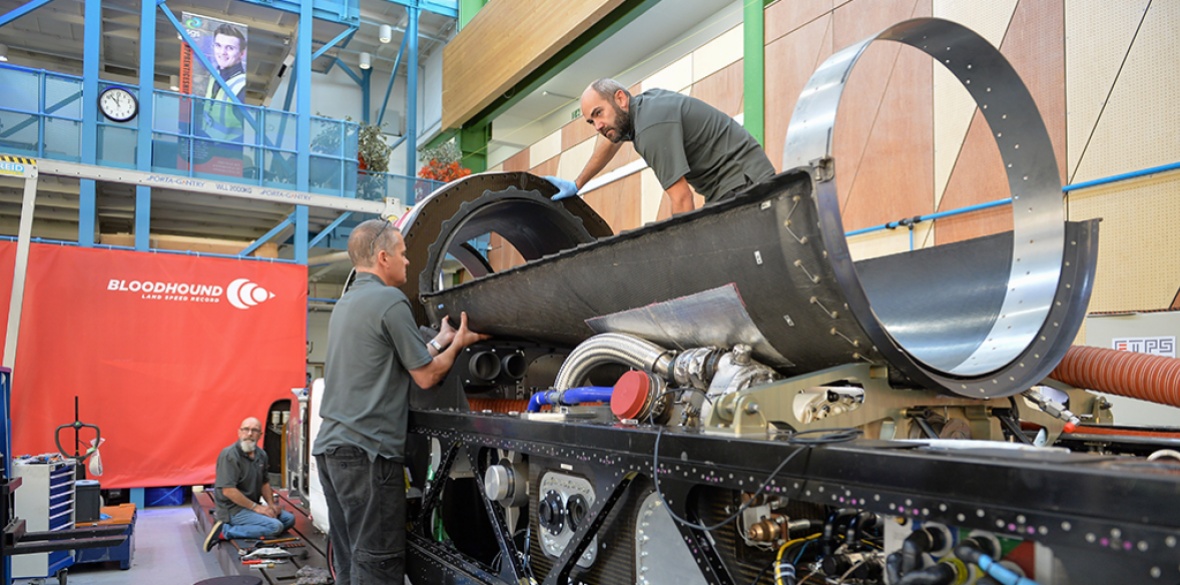This is the last article you can read this month
You can read more article this month
You can read more articles this month
Sorry your limit is up for this month
Reset on:
Please help support the Morning Star by subscribing here
THE government has been quite rightly criticised for their handling of the coronavirus outbreak in Britain.
Its slowness to shutdown non-essential sectors of the economy, the failure to procure enough PPE to keep workers safe, the shortage of stockpiled PPE, the lack of ventilator capacity at the beginning of the outbreak, the confused and ambiguous guidance to workplaces, the downgrading of the coronavirus from being considered to be a high consequence infectious disease (HCID), most likely because they knew that the PPE standards for such a classification could not be met, and the weakening of health and safety guidance on physical distancing in the workplace.
And most importantly: the Financial Times analysis of excess deaths points to 62,000 lives lost to the coronavirus, every single one of those lives lost a downright tragedy. All of this and more should be rightly criticised and the government held to account, but we should be confident to point out that it is government ideology, not just bad planning, which is placing our futures at risk.
The announcements to make up to 9,000 Rolls Royce workers and 12,000 British Airways workers redundant has come as a huge blow. Both companies have opted into the job retention scheme and furloughed their workers, and yet they have proceeded to use that period as a taxpayer-funded way of cutting jobs, rather than constructively looking to build back the sectors in partnership with the trade unions and government.
It is important to see the pattern of redundancies across sectors in their context, they are a serious warning shot of what is to come, if big business and the government are left unchallenged.
But mass redundancies and mass unemployment do not have to be an inevitable consequence of the coronavirus pandemic. In my view one redundancy is one redundancy too many.
There are options at the government’s disposal to change course. There is huge power in the trade union movement to insist that this time, the way out of this crisis is through growth, through taxing the wealthiest and a unprecedented job creation schemes.
The fundamental principle must be that it shall not be working people who pay for this health and political crisis, either through job losses, pay cuts, a degrading of their terms and conditions or for that matter through the continued decimation of our communities as a result of another decade of austerity.
An alternative must be won and in a decade where we are set to see the world’s first trillionaire, the state has options. A wealth tax, a windfall tax, a reversal of corporation tax cuts (which would recoup £15 billion per annum alone) and a legislative framework to eliminate tax avoidance and evasion would be a start, especially as bailout requests will change the power dynamics between the state and those who have often exploited loopholes.
This week we saw the callous immigration Bill, a Bill from what seems like a different era, drafted pre-coronavirus crisis, drafted before the national awakening to the false equation between low pay and low skill and yet it passed through the Commons.
The trade union movement needs to stand proud with migrant workers in the UK throughout this crisis and as we emerge from it.
I have never been more proud to be part of the trade union movement, a movement which has a historic battle on its hands, our actions will in large part determine what the future of work looks like for generations to come.
The whole movement will have to rally for what is next if the leaked Treasury documents are anything to go by – talking predictably of an ending of the triple lock on pensions and a freezing of public-sector pay.
Whilst celebrating key workers for feeding the nation, our demands must enable them to feed their families. This system is reckless with people’s lives, it is up to us to change it.
Howard Beckett is Unite assistant general secretary for politics and legal affairs.











